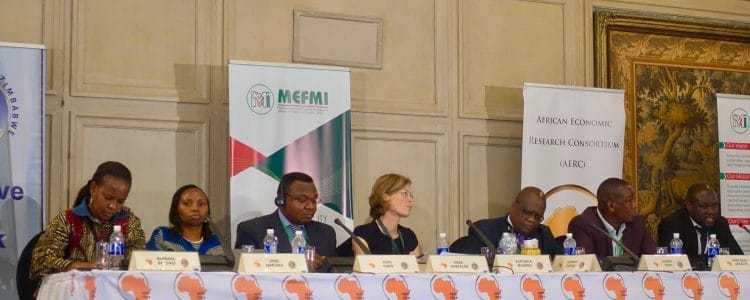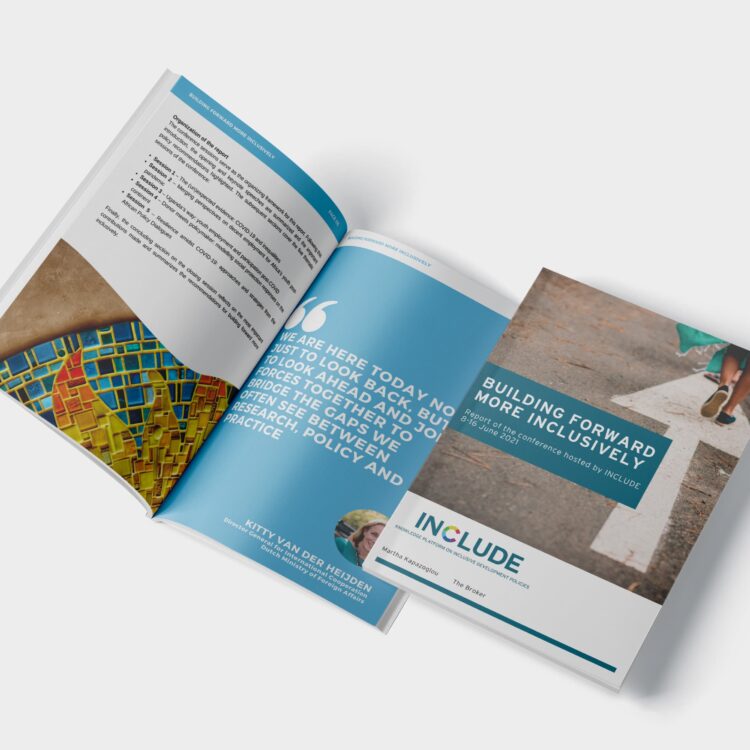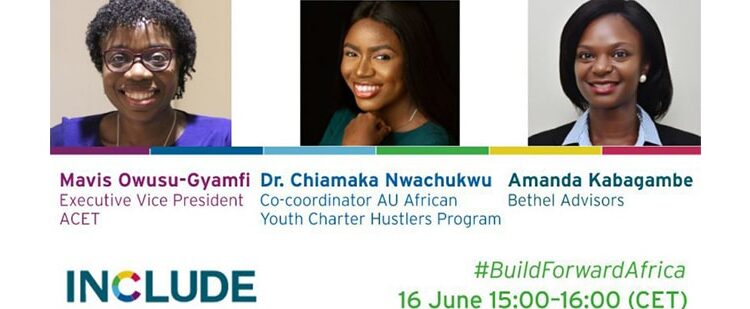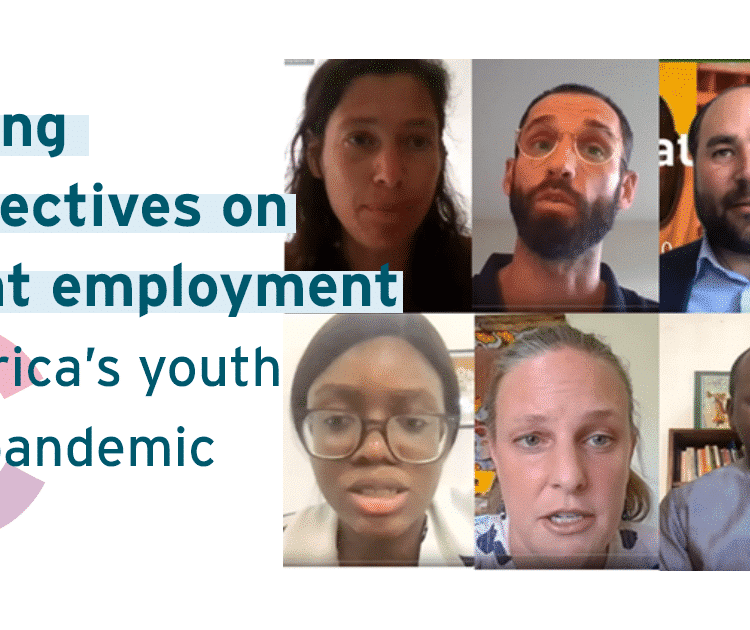
Fragility of growth is multi-dimensional and complex in nature. It is associated with conflict, insecurity and political instability, and it is on the rise in the African continent. Fragility is a cause of (and caused by) poverty and inequality. It is expensive and impedes the achievement of high and inclusive growth. Overall, there is a need for interventions to support poverty reduction, equality and broader based growth. However, there is no one-size-fits-all solution: how we address fragility depends on the country context. Macroeconomic stability and economic growth are important, but not sufficient, to address fragility. More context-specific immediate programmes must be established to rebuild national unity and tackle embedded inequalities, especially those related to gender. Political ecosystems should also be redesigned to deal with faulty distribution systems and elite capture.
These are some of the key messages from the 2019 Senior Policy Seminar, entitled ‘Fragility of Growth in African Economies’, organized by the African Economic Research Consortium (AERC) in partnership with the Zimbabwe Ministry of Finance and Economic Development and the Reserve Bank of Zimbabwe. The Seminar took place in Harare on 21 and 22 March 2019 and was attended by nearly 100 high-level officials from 30 African and other countries. It featured four synthesis papers presented by global experts, including Prof. Andrew McKay (University of Sussex), Prof. Alemayehu Geda (Addis Ababa University), Prof. Anke Hoeffler (University of Konstanz), Dr Janvier Nkurunziza (UNCTAD) and Prof. Nicholas Ngepah (University of Johannesburg). The papers, which can be accessed here, were commissioned under the programme ‘Promoting Leadership for Economic Policy in Fragile and Post-Conflict States in Africa’, an initiative of AERC with support from the International Development Research Centre (IDRC). The Seminar culminated in the presentation of a joint communique, which can be accessed here.
The sources of fragility of African economies are multifaceted. Conflict, insecurity and political instability are most often associated with fragility, although high dependency on natural resources also appears to be a significant factor, as Prof. McKay argued during the Seminar. Other invited scholars, including Prof. Hoeffler, agreed that there are many definitions of fragility and added the political environment to the debate, as well as climatic shocks, youth unemployment and the low level of diversification of economies. Fragility is also gendered and context specific. Even though a country as a whole may not be ‘fragile’, some sectors or regions, or even individuals, may be exposed to the manifestations of fragility, negatively impacting on the performance of the economy as a whole. Given the multi-dimensional and highly complex nature of the concept of fragility applied to states, there is a need to think about it in more dynamic, adaptive and long-term way.
Fragility is on the rise in Africa, and it is expensive. In 2016, according to the Fragile States Index, 6 out of the 10 most fragile countries were in Sub-Saharan Africa. A number of these countries featured on this list 10 years earlier as well. One of the factors causing this is conflict. Prof. Geda estimated the average economic cost of conflict on the continent at USD 70 billion. The costs are even higher if you consider shrinking human capital and markets, swelling corruption and political exclusion. Fragility is also a trap. Whenever an economy is caught in this trap, it faces two possibilities: sustained growth or continuous decline and eventual collapse, as pointed out by Prof. Hoeffler and Dr Nkurunziza in their joint paper. Addressing fragile growth is, therefore, critical for achieving inclusive and sustainable development in Africa, and, thus, realization of the Sustainable Development Goals.
To address fragility, it is important to recognize its multiple dimensions and the country-specific drivers. This involves looking at the source, type and extent of fragility, its gender dimensions, the country’s resource endowments, its state and institutional capacity, party politics and the country’s leadership. Therefore, there is no single strategy to transit from fragility. Economic growth is important in the long term, but, as Prof. Ngepah pointed out, there is an immediate need for programmes that build national unity and tackle inequality. Security is a necessity, followed by human and financial capital. To provide a source of revenue for the government and, consequently, reduce dependency on aid, countries should introduce light, gradually increasing and transparent taxation for all and invest in long-term capacity building, as well as mobilize domestic resources through remittances, argued Prof. Hoeffler. There is also a great need to create (decent) jobs for as many people as possible. Therefore, governments should promote sectors with high employment potential, while at the same time investing in education and encouraging skilled diaspora to return to the country. The development of agricultural value chains through models that reduce risks, such as contract farming, raise agricultural productivity and support exports of added value products is one possible strategy, as suggested by Jane Mariara from the Partnership for Economic Policy. Based on her research, conducted in the frame of the INCLUDE programme, contract farming complemented by social protection programmes is key to increasing productivity and making the sector more inclusive. Furthermore, improving physical infrastructure (including digital connectivity) and the business environment, as well as strengthening institutional capacity are equally important. An integrated approach to balance development and reverse fragility requires good leadership and a new political ecosystem, which should ultimately lead to inclusivity.
Clear links exist between fragility and inclusive development. The presentations and discussions during the Seminar revealed that, firstly, fragility is a trap that sustains exclusion and adverse incorporation. For example, it is more difficult to achieve higher and sustained growth in poor and marginalized societies. In addition, high poverty headcounts associated with lower growth makes it more difficult to improve livelihoods and build resilience. Similarly, social and economic exclusion increases fragility and, in some cases, leads to conflict. Secondly, fragility drives or leads to exclusion and adverse incorporation. For example, fragility decreases savings, investment and tax revenue. Overall, fragility is linked to inequality, a reduction in growth and poverty reduction, and inefficiencies in the economy, which hinders inclusive development.




